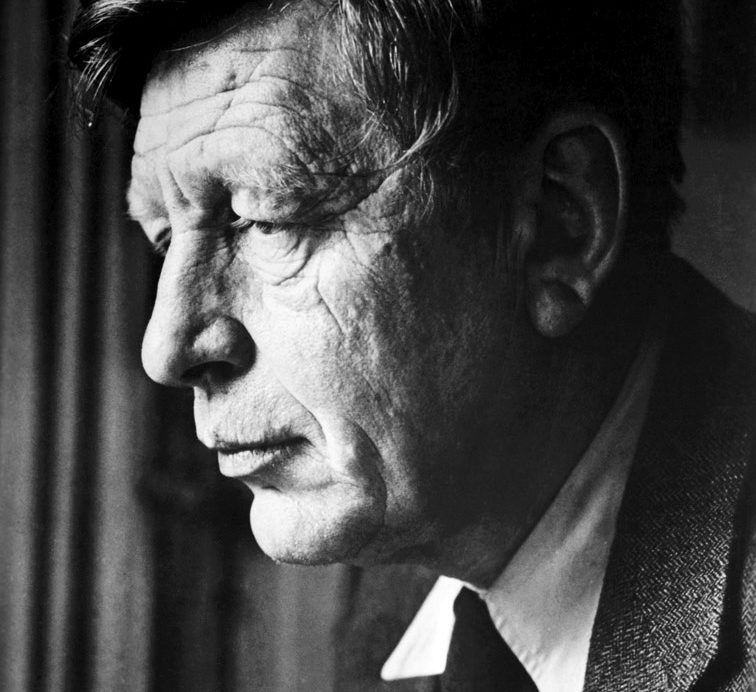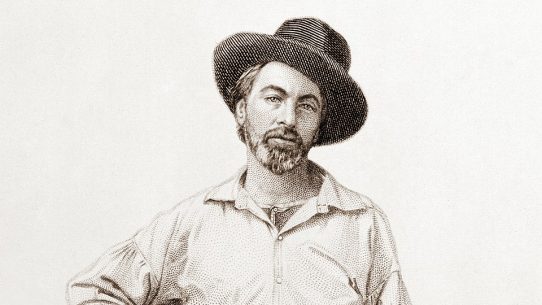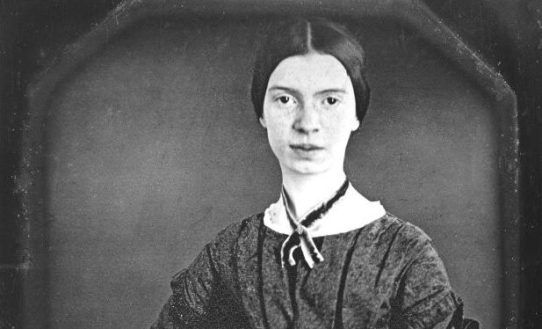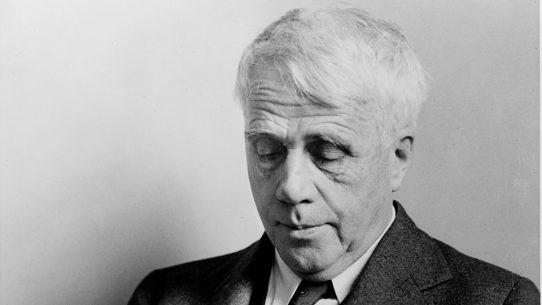Introduction
W. H. Auden (1907–1973) was one of the most significant and versatile poets of the twentieth century. His work, spanning nearly five decades, combined intellectual rigor, emotional insight, and a deep moral awareness.
Known for his technical mastery and penetrating social commentary, Auden’s poetry explored the anxieties of modern life — politics, love, faith, and the search for meaning in an age of uncertainty. His voice evolved from the political urgency of the 1930s to the philosophical and theological meditations of his later years, earning him recognition as a poet of both intellect and compassion.
Early Life and Education
Wystan Hugh Auden was born in York, England, into an educated middle-class family. His father was a physician, and his mother a nurse, whose moral and religious influence would shape much of his later thought. He grew up in Birmingham and attended Gresham’s School, where his fascination with language and verse began early.
At Christ Church, Oxford, Auden studied English literature and became part of a dynamic literary circle that included Stephen Spender, C. Day-Lewis, and Louis MacNeice — the group later known collectively as “the Auden generation.” He was influenced by the poetry of T. S. Eliot and by the psychological theories of Freud and Marx, which informed his early interest in social and political themes. After graduating in 1928, Auden briefly worked as a schoolteacher, an experience that deepened his empathy for human vulnerability and informed much of his early poetry.
Literary Career and Major Works
Auden’s first collection, Poems (1930), immediately established him as a leading new voice in English poetry. Its compressed language, irony, and sense of disillusionment reflected the mood of a generation scarred by war and economic depression. His early work fused modernist experimentation with political and psychological insight, capturing the unease of interwar Europe.
During the 1930s, Auden’s poetry became increasingly political. Collections such as The Orators (1932) and Look, Stranger! (1936) expressed both hope and skepticism toward the revolutionary spirit of the era. His verse combined intellectual precision with compassion for ordinary people. Alongside his friend Christopher Isherwood, he also wrote plays — including The Dog Beneath the Skin (1935) and The Ascent of F6 (1936) — that dramatized the moral crises of modern society.
In 1939, on the eve of World War II, Auden emigrated to the United States, a move that marked a turning point in his life and work. His experiences in a new cultural landscape prompted a shift from political engagement to spiritual and ethical reflection. Collections like Another Time (1940) and The Double Man (1941) introduced a more introspective tone, exploring love, faith, and the human condition. His elegy “In Memory of W. B. Yeats” (1939) and the poem “September 1, 1939” remain among his most enduring works, capturing both historical awareness and timeless emotion.
Style, Themes, and Influence
Auden’s poetry is distinguished by its formal range and intellectual depth. He mastered nearly every poetic form — from the sonnet and ballad to free verse and dramatic monologue — using structure to mirror thought. His diction could shift effortlessly from colloquial speech to philosophical abstraction, reflecting his belief that poetry should reconcile art with ordinary life.
Recurring themes in his work include love as a redemptive force, the tension between reason and faith, and the moral challenges of living in a fractured world. His later poems reveal a mature engagement with Christian theology, psychology, and existential doubt. Despite his growing religiosity, Auden’s poetry remained inclusive, humane, and empathetic, addressing both personal and collective struggles.
His influence extended across generations. Poets such as Philip Larkin, Seamus Heaney, and Joseph Brodsky admired his clarity, craftsmanship, and moral seriousness. His blending of technical brilliance with moral inquiry set a standard for twentieth-century poetry unmatched in its breadth.
Later Life and Legacy
In America, Auden taught at various universities, including Swarthmore, Michigan, and Oxford (as Professor of Poetry from 1956 to 1961). His poetry matured during these years, balancing intellectual reflection with emotional warmth. Works like The Shield of Achilles (1955) and Homage to Clio (1960) display his continuing evolution — from a poet of political activism to one of metaphysical contemplation.
Auden became a naturalized U.S. citizen in 1946 but maintained strong ties to Europe, spending his summers in Austria, where he wrote many of his later poems. His marriage to Erika Mann (daughter of novelist Thomas Mann) was one of convenience, meant to help her escape Nazi Germany, but his enduring partnership with the poet Chester Kallman provided personal companionship and artistic collaboration.
He continued to publish widely until his death in Vienna in 1973. By then, Auden was recognized as a global literary figure — a poet who had captured both the historical crises and private hopes of the modern age. His blend of intellect, humor, and humanity remains a benchmark for poets navigating the complexities of the twentieth century and beyond.
Notable Works
Among Auden’s most celebrated works is Poems (1930), which established his modernist voice and thematic preoccupations. The Orators (1932) and Look, Stranger! (1936) reveal his political consciousness and lyrical versatility. His elegy “In Memory of W. B. Yeats” (1939) stands as one of the finest poetic tributes of the modern era, while “September 1, 1939” encapsulates the moral tension of a world on the brink of war.
His post-war collection The Age of Anxiety (1947) won the Pulitzer Prize and defined a generation’s sense of dislocation and search for meaning. Later works such as The Shield of Achilles (1955) and About the House (1965) display a serene yet questioning wisdom. Throughout his vast body of poetry, Auden combined intellect and compassion, reaffirming the poet’s role as both witness and guide in the modern world.



